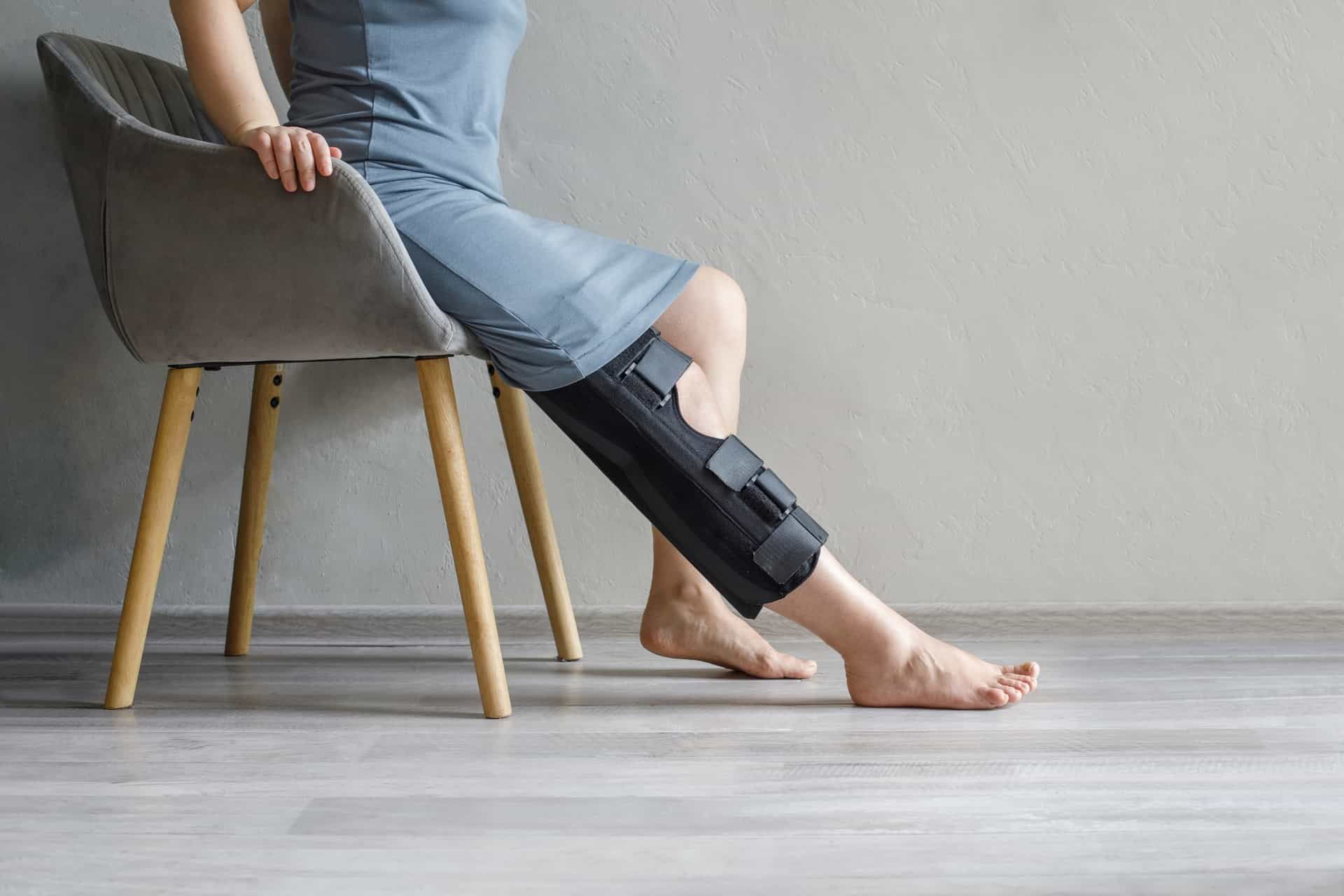What is the Role of the Vocational Expert?

When someone is trying to get disability benefits or involved in a legal case about their ability to work, a Vocational Expert can play a big part in helping the case. These experts understand jobs, the job market, and how different health issues can affect someone’s ability to work.
In this blog, we’ll break down what a Vocational Expert does, why they matter, and how Oasinc vocational expert services can help in these situations.
What is a Vocational Expert?
A Vocational Expert (often called a VE) is a specially trained professional who understands jobs, work skills, and how a person’s medical problems might affect their ability to work. VEs typically have backgrounds in vocational rehabilitation, counseling, or related fields, and have experience analyzing work capacity in light of medical limitations.
They are usually brought into Social Security disability hearings or other types of court cases to provide expert opinions on whether a person can still perform any kind of job.
Vocational Experts look at many things like:
- A person’s age
- Education
- Past jobs
- Medical limitations as established by medical evidence or the court
- Skills and abilities
Then, they give an opinion on what kinds of jobs, if any, the person can still do, based on these factors.
Why Are Vocational Experts Important?
Vocational Experts help judges, attorneys, and insurance companies understand how a person’s health affects their ability to work. They are expected to be neutral and provide objective, evidence-based opinions.
For example, if someone says they can’t work because of a back injury, a VE looks at their work history and the medical limitations established by doctors or the court, and may say, “This person can’t lift heavy things anymore, but they could still do a desk job like data entry.”
That kind of information is very useful in making fair decisions.
What Does a Vocational Expert Do in a Disability Case?
In disability cases, the Social Security Administration (SSA) wants to know if a person can still work. The VE helps answer that.
Here’s how:
- Reviewing Work History: The VE studies the person’s job history to see what kind of work they used to do and the skills those jobs required.
- Considering Medical Limitations: The VE reviews the medical limitations as established by doctors, medical experts, or the judge. It’s important to note that VEs do not make medical diagnoses or independently interpret medical records; instead, they assess the vocational impact of the medical restrictions provided.
- Matching Skills to Jobs: Using trusted job databases like the Dictionary of Occupational Titles (DOT) and other resources, the VE identifies jobs that the person can still perform given their limitations.
- Explaining in Court: In hearings, the VE answers questions from the judge or lawyers. For example, the judge might ask, “Are there any jobs this person can do, given their medical limits?” The VE then provides a professional answer based on facts and research.
Why Does a VE Need to Show There Are Jobs Nationwide?
One of the VE’s most important jobs is proving that there are jobs available in significant numbers in the national economy that match a person’s abilities. This is a legal requirement in Social Security disability cases.
It’s not enough that a job exists in just one small town; the jobs must exist in enough numbers across the country to be considered realistically available.
This helps the judge know if the person really has a chance of getting a job—even with their medical problems. If there are no suitable jobs in significant numbers, the person might be approved for disability benefits.
Types of Cases a Vocational Expert Can Help With
Vocational Experts don’t just help with Social Security cases. They also assist in:
- Personal injury cases
- Workers’ compensation cases
- Family law cases (such as divorce, when deciding earning capacity)
- Wrongful termination cases
- Veterans disability cases
In each of these, the VE helps explain how an injury or illness affects someone’s ability to work.
How Are Vocational Experts Used in Private Litigation?
In private cases, such as personal injury or workers' compensation claims, VEs may be retained by either party (plaintiff or defense). While they are expected to provide objective and evidence-based opinions, they may be viewed as advocates for the side that hired them. This differs from Social Security disability hearings, where VEs are neutral and appointed by the agency or court.
Why Choose Oasinc Vocational Expert Services?
At OAS (Occupational Assessment Services), our vocational experts bring years of experience and detailed knowledge to each case. Here’s why people choose OAS:
1. Experience Across Many Case Types
Whether you’re dealing with a Social Security disability claim or a personal injury lawsuit, our experts know how to analyze work ability and testify in court.
2. Clear, Professional Reports
Our reports are easy to understand and full of useful data. Judges, attorneys, and insurance companies respect the clarity and honesty of our reports.
3. Nationwide Services
No matter where your case is, Oasinc vocational expert services can help. We offer support across the United States, which is especially useful when proving job availability nationwide.
4. Court-Tested Experts
Our VEs are trained to testify in court and answer tough questions. Their opinions are respected and often play a key role in case outcomes.
How Does OAS Prepare a Vocational Report?
Here’s how Oasinc builds a strong vocational report:
Step 1: Interview the Client
- The VE talks with the client to understand their job history and medical problems.
Step 2: Review Records
- Medical records, work history, and other documents are carefully reviewed. The VE bases their vocational assessment on medical limitations established by medical professionals or the court.
Step 3: Perform Research
- The VE uses trusted job databases to find suitable jobs the client may still be able to do.
Step 4: Write a Report
- A clear and professional report is written, showing what jobs (if any) the client can do and how many of those jobs are available in significant numbers in the national economy.
Step 5: Testify (if needed)
- If the case goes to court, the VE may testify to explain the findings in person.
How Can a VE Help Win a Case?
A strong VE opinion can make a big difference in a legal case. Their testimony can help show:
- That a person cannot return to their old job
- That there are no suitable jobs in significant numbers they can still do
- That the person has lost earning ability due to injury or illness
This kind of evidence is often what tips the case in favor of the person asking for disability benefits or injury compensation.
Final Thoughts
A Vocational Expert plays a major role in helping courts and judges understand if a person can work. Whether it’s a disability case, injury claim, or another legal matter, the expert opinion of a VE is often the key to making fair decisions.
At OAS, our vocational experts are here to support clients, attorneys, and insurers with honest, accurate evaluations that truly make a difference. From expert reports to courtroom testimony, OAS vocational expert services are trusted nationwide.
Contact
OAS today to learn how our vocational experts can help your case.
Disclaimer: The information on this website and blog is for general informational purposes only and is not professional advice. We make no guarantees of accuracy or completeness. We disclaim all liability for errors, omissions, or reliance on this content. Always consult a qualified professional for specific guidance.








